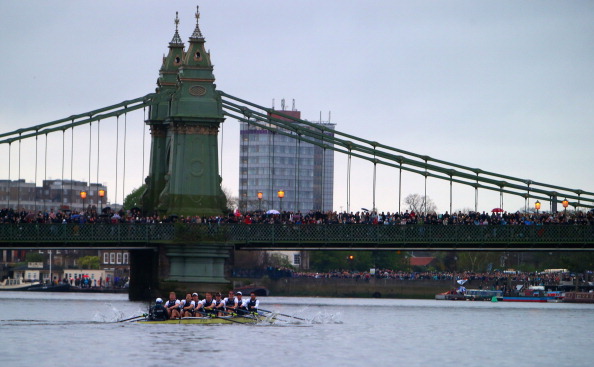Hammersmith Bridge won’t be able to cope with electric double decker buses in ‘strange oversight’

An upgraded Hammersmith Bridge will not be sturdy enough for London’s current fleet of electric double decker buses in what’s been described as a “strange oversight”.
The bridge has been closed indefinitely to vehicles since 10 April, with the Hammersmith and Fulham council seeking government funding for restorations.
Read more: Hammersmith Bridge repairs could cost £120m and take three years to finish
It was revealed in TfL documents today that the current plans for the upgrade would only allow for a “limited number of electric buses”.
A TfL spokesperson confirmed that current electric double decker buses would be too heavy to cross the bridge.
Campaign for Better Transport chief executive Darren Shirley said this seemed like a “strange oversight”.
“Electric buses will play an increasingly central role in cleaning up London’s toxic air, so it seems a strange oversight not to ensure electric buses would be able to travel on an upgraded road,” he said.
“Providing clean, green, affordable and reliable public transport is the best way to get more people out of cars and help reduce congestion and carbon emissions from transport.”
In September, mayor of London Sadiq Khan announced London now boasted Europe’s largest electric bus fleet.
The capital has more than 200 electric buses and has awarded contracts for a further 78 electric double deckers.
A TfL spokesperson said changes in technology may allow new electric double deckers to travel on the Hammersmith Bridge.
“We’re always investigating other tech, and there is the potential for ‘opportunity charging’.
“This is basically charging points along the bus route, where the bus can get a boost.
“That means that the battery doesn’t need to be as big, and therefore the bus isn’t as heavy.”
The council closed Hammersmith Bridge in April due to “critical faults” that sparked safety concerns.
Read more: Council blasted for ‘incompetence’ over Hammersmith Bridge
The council has said repairs could cost in the region of £120m and take three years to complete.
Transport for London (TfL) has so far committed £25m to the project to help with planning and design.